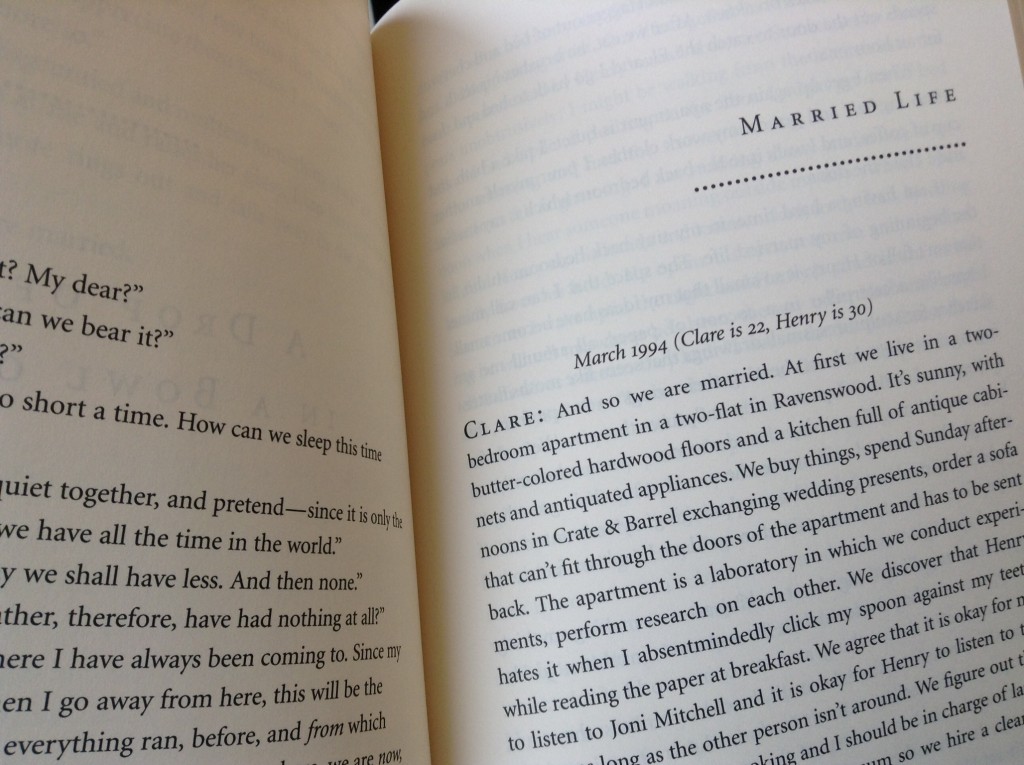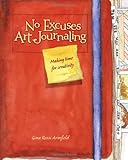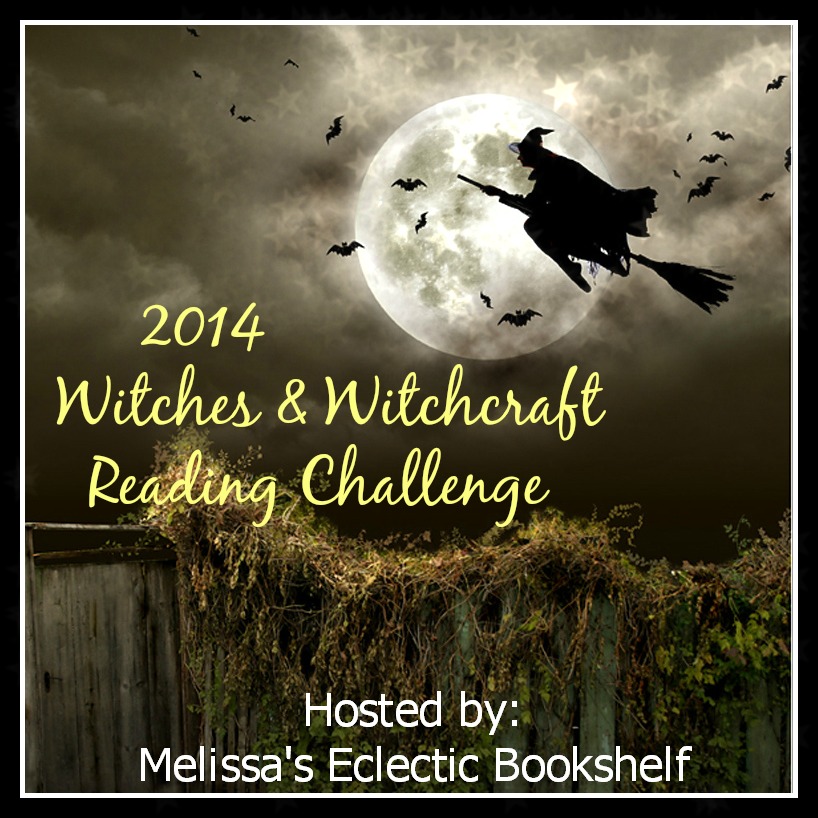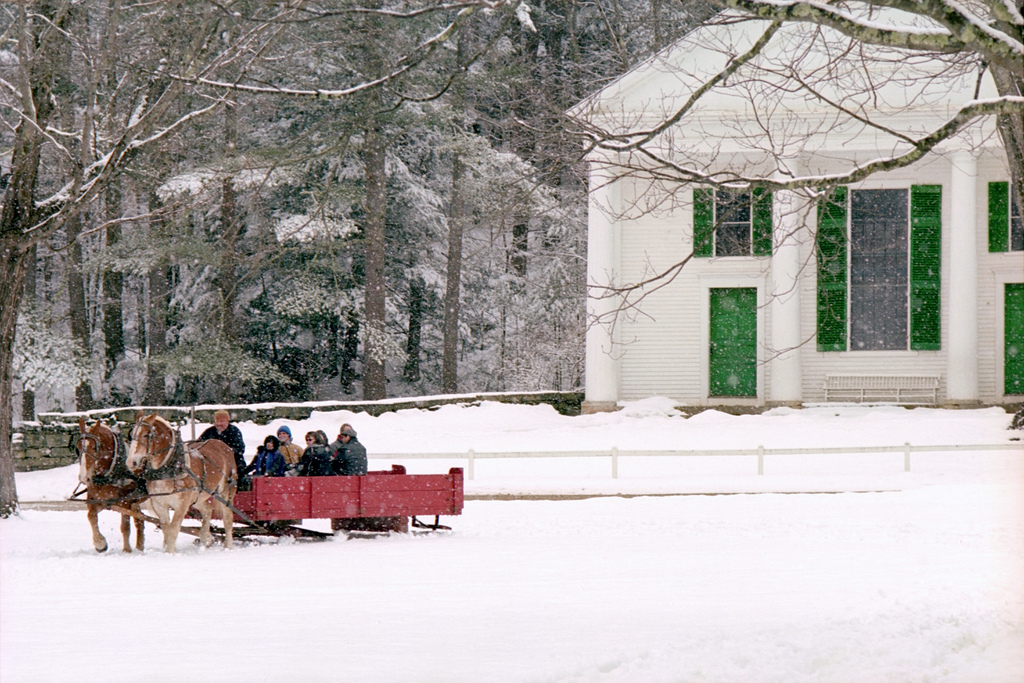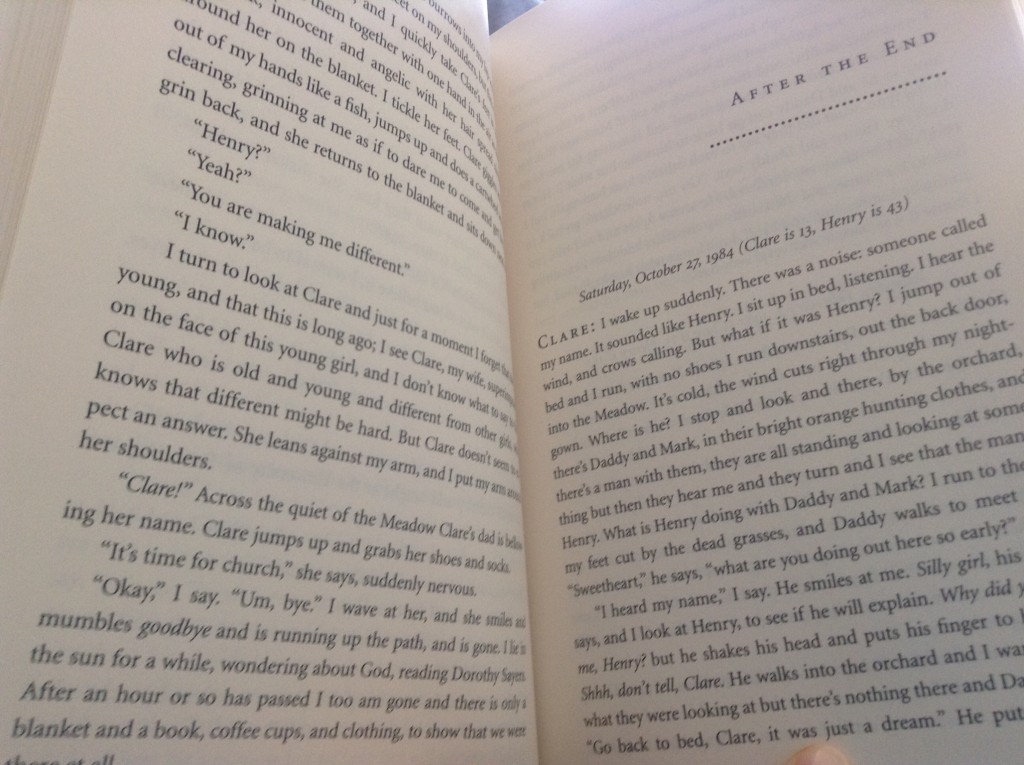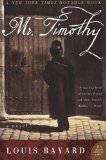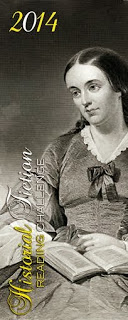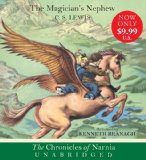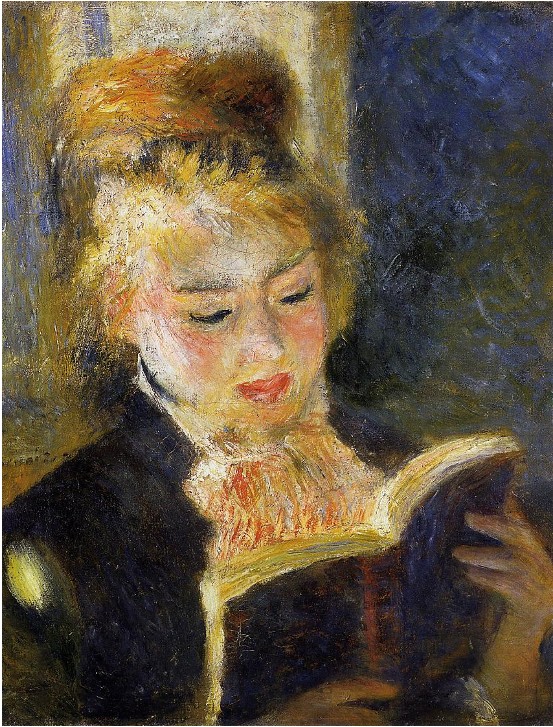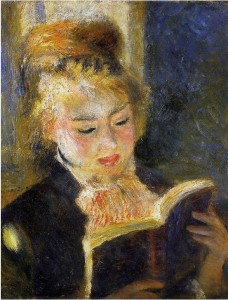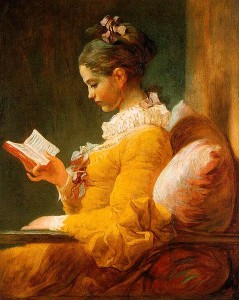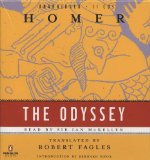 I totally didn’t do my weekend reading update this weekend. I actually haven’t made much progress in my book, so I think that’s fine. I just had a busy week. I do like this week’s topic for Top Ten Tuesday:
I totally didn’t do my weekend reading update this weekend. I actually haven’t made much progress in my book, so I think that’s fine. I just had a busy week. I do like this week’s topic for Top Ten Tuesday:
Today’s Topic: Top Ten Things On My Reading Wishlist (if you could make authors write about these things you would. Could be a specific type of character, an issue tackled, a time period, a certain plot, etc.)
- I want a really great gothic ghost story something like [amazon_link id=”0307745317″ target=”_blank” ]The Woman in Black[/amazon_link], but set in Ireland or Scotland, and with a great creep factor, but no ick. Also, bonus if it’s in a castle. I am a big Scooby Doo fan. Also, double bonus if it’s set in the Edwardian era because I love the clothes.
- I would love it if someone would do something with Celtic myth. I actually have a little something I’m working on myself, but I would really like to see what someone else would do with stories from the Ulster Cycle or Finn Cycle in Ireland, or the Mabinogion in Wales.
- More really good historical fiction about Shakespeare. I have read some that’s not what I’d call good. Bonus points if it explores one of the lost plays or the Dark Lady. Maybe I should cook up something along those lines myself.
- I’d like to read a historical fiction book like Diana Gabaldon writes. Historical romances are just not my favorites, but she seems to cross genres in a way that really intrigues me. Also, I like how her books span across time and over the lifetimes of her characters.
- A really good multigenerational saga. I know these exist, but I haven’t had as much luck finding them. If you know of one, please share. I mean, I’d like to see hundreds of years pass. I am really interested in genealogy, and it would be interesting to me to read about a family’s history.
- Really good derivative works. I mean, tell me the story from Miss Havisham’s point of view, but make it awesome. I have read some metafiction lately that hasn’t been up to scratch. Some of it has been really good, however. Bring on more of the really good.
- An Arthurian novel that measures up to [amazon_link id=”0345350499″ target=”_blank” ]The Mists of Avalon[/amazon_link]. That book is probably my favorite Arthurian saga. I love that it’s told through the viewpoint of the women, mainly Morgan Le Fay. I wish someone would come up with a fresh and interesting way to tell that story again.
- A really good novel set in Paris that makes me want to keep flipping pages the same way that [amazon_link id=”143918271X” target=”_blank” ]A Moveable Feast[/amazon_link] does. I love that book. By the same token, it can be similar to [amazon_link id=”0345521315″ target=”_blank” ]The Paris Wife[/amazon_link]. Bonus points if it’s about artists.
- A good book about George Sand’s life. I have been fascinated by her since I was in college. This is yet another topic I have considered exploring myself. I adore her passion.
- A good thriller like [amazon_link id=”0307474275″ target=”_blank” ]The Da Vinci Code[/amazon_link] but well written and with characters that are more than cardboard stand-ins or flagrant copies of Indiana Jones.
Sometimes I think it’s good advice to just write the book you want to read. Don’t tell anyone my ideas.
